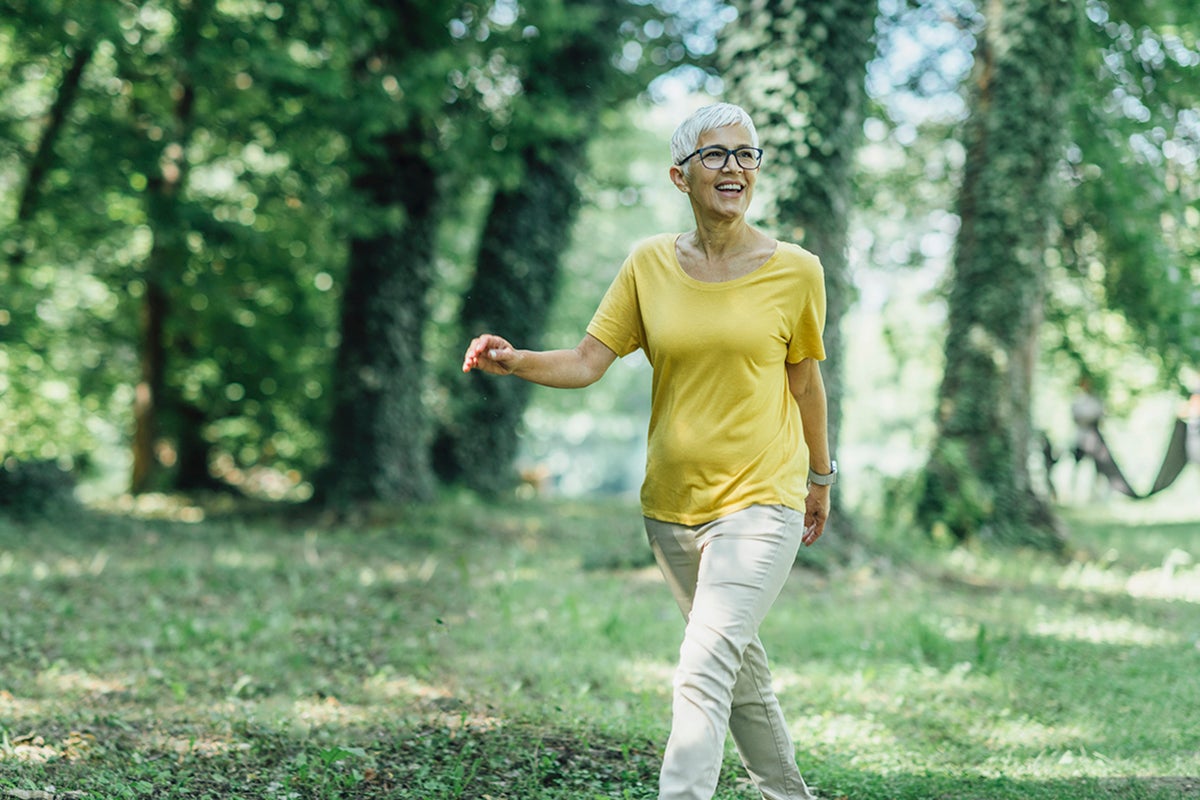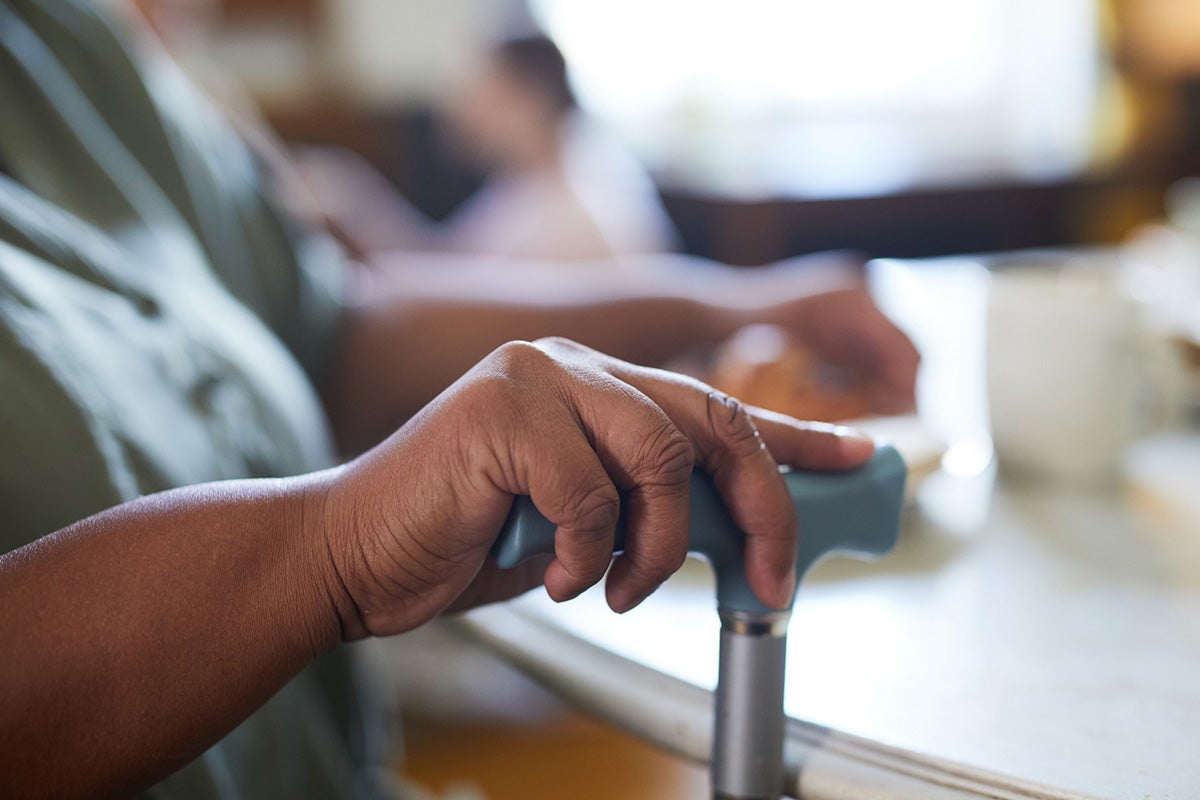Related Topics
Nutritious diet in midlife linked to healthier aging
Eating a nutritious diet rich in fruits, vegetables, whole grains, and unsaturated fats throughout midlife may increase the odds of aging healthfully, according to a new Harvard Chan School study.

Experiencing gratitude associated with greater longevity among older adults
Older women who scored highest in an assessment measuring gratitude had a 9% lower risk of death, according to a new Harvard Chan School study.

Chronic loneliness may increase stroke risk among older adults
In a Harvard Chan School study of loneliness and stroke risk, older adults who experienced chronic loneliness had a 56% higher risk of stroke than those who consistently reported not being lonely.

Replacing TV watching with exercise could promote healthy aging
People may be able to improve their chances of healthy aging if they substitute sedentary behaviors such as watching TV with physical activity, according to a study by Harvard Chan School researchers.

A molecular dive into how cells sense nutrients
Krystle Kalafut, PhD ’24, studies the liver’s response to insulin, revealing potential mechanisms involved in obesity and diabetes.

Reassessing how best to care for China’s aging population
As China’s aging population soars, the country must reassess how and from whom elderly people receive care, according to experts.

Optimism may help women maintain physical functioning as they age
An optimistic attitude may help women slow age-related physical decline.

Food insecurity rising among U.S. families with older adults
Food insecurity rose over the past 20 years for U.S. families including older adults—particularly Black, Hispanic, and low-income families.

Op-ed: HIV prevention, treatment programs in South Africa leave older adults behind
South Africa needs to adapt its HIV prevention and treatment programs to better meet the needs of an older population.

Chronic exposure to air pollution may increase risk of cardiovascular hospitalization among seniors
Chronic exposure to fine particulate air pollutants may increase seniors’ risk of cardiovascular hospitalization, according to a new study led by Harvard Chan School.
